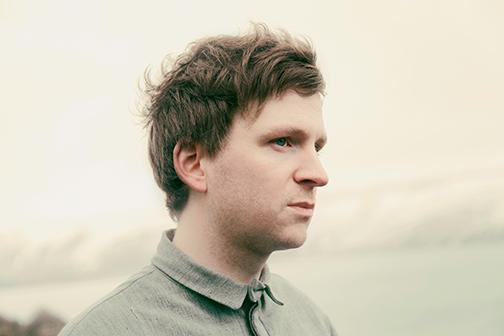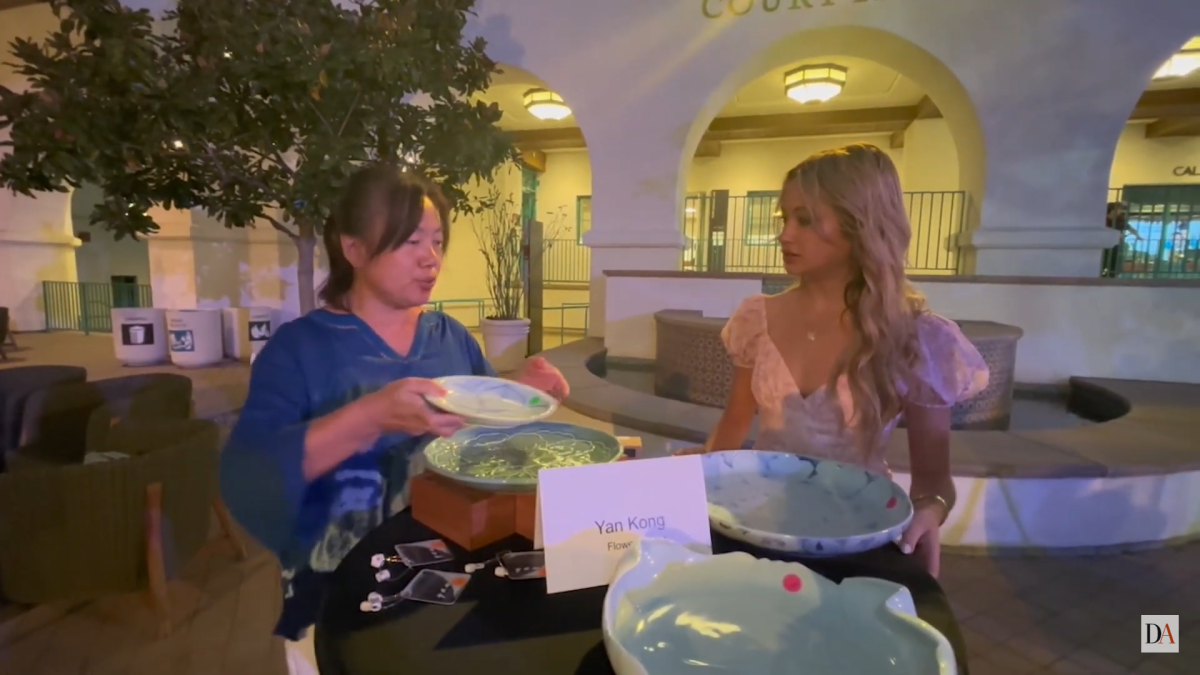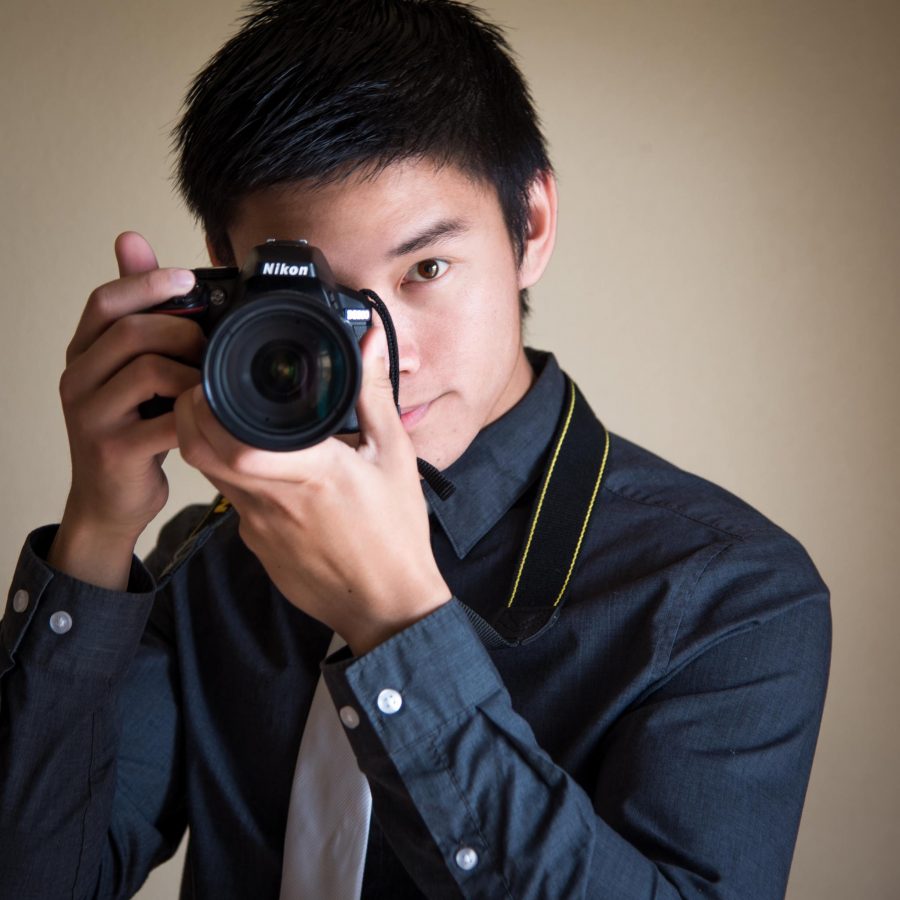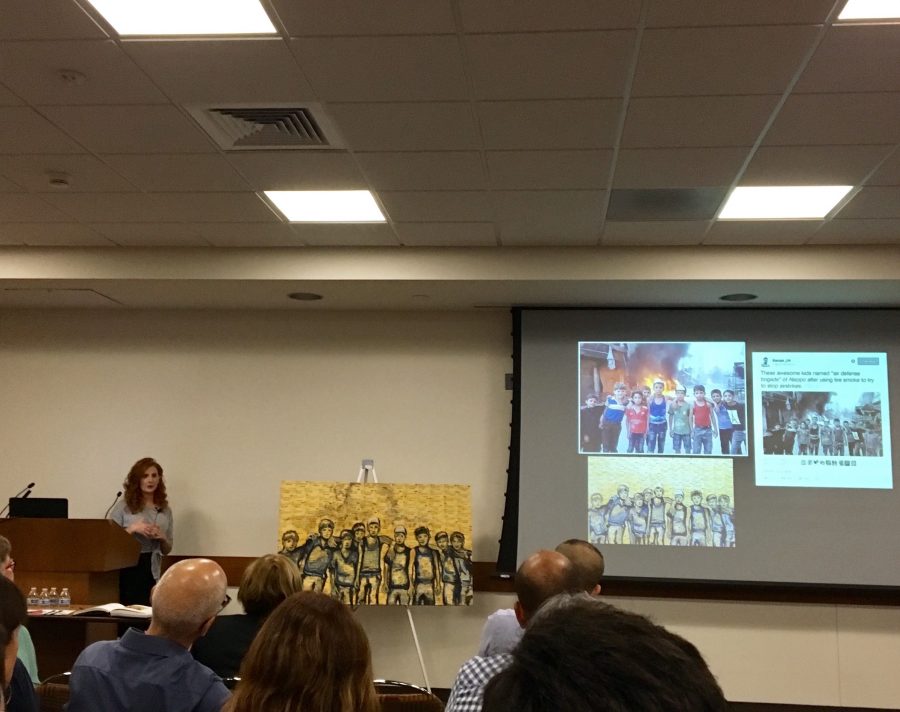Ólafur Arnalds is an up-and-coming electronic classical composer from Iceland. He’s well-known for appearing in the music documentary “PressPausePlay” and for his insightful comments on the evolving music industry. Arnalds is embarking on a world tour in support of his new album “For Now I am Winter.” He will be performing at The Loft at University of California San Diego tonight.
The Daily Aztec: Your music is defined as neoclassical or electronic classical. How did you find your way into this genre? Most musicians were inspired by The Beatles or The Rolling Stones and started learning guitar. How did you decide to compose classical music with digital equipment?
Ólafur Arnalds: I never really decided that, but I listen to classical music and also a lot of electronic and pop music. And I think the music that I make is the outcome of all the different influences that I have. It’s just what comes out automatically.
TDA: Were there any specific musicians that inspired you when you were a teenager or when you started listening to music?
ÓA: When I started there weren’t a lot of other people making this kind of classical music. At that time, there weren’t many big names. So I think my influences were just from other genres. I looked up to mostly film music and Thomas Newman.
TDA: If I’m not mistaken, your music is entirely instrumental. How do you find your inspiration?
ÓA: Well it’s not entirely instrumental, but I think I’m inspired the most from musical ideas. For me, music is about music. It’s not about life and love and all that s**t, it’s about the music itself. The music I make usually comes from whatever I learned about theory, or new trick I learned on the people or electronic equipment. This kind of intuitive memorization … that’s what inspires my music.
TDA: Iceland has some major music acts such as Björk and Sigur Rós. Being from a smaller country, do you find it difficult to promote your music?
ÓA: It’s a little bit more difficult to go touring because we have to fly everywhere. We’re on an island, so it’s kind of hard to fly out five or 10 people to go on tour and it can be expensive, therefore a bit harder. But at the same time, Iceland has become known as a center for good music, so I think that gives us a platform to start on. People seem to be a lot more open to music coming from Iceland, so that makes it a little bit easier.
TDA: You were in a music documentary called “PressPausePlay.” How did you get selected to be apart of that film and what was it like?
ÓA: At first they wanted to interview me, just like they interview everyone else in the film. After that interview I guess I said some interesting things that they wanted to focus more on from the main subject of the film [laughs]. It was a bit strange to have people following me around all the time. But the people who made the film were great and we became good friends over the few weeks that they were following me. I think in the end, it was a great experience and was really proud of the film and agreed with its message.
TDA: For an artist who clearly doesn’t write music for air time on the radio, how do you feel about modern music? Are there certain bands that you like?
ÓA: I’m a fan of pop and commercial music actually. When you called I was listening to the new Miley Cyrus song [laughs]. The song’s not so bad, but the video is horrible. I’m not a big fan about the image of pop music, but I’m always interested in following the music of the times so to speak. It’s not necessarily what I listen to daily, but if I’m into it, I like checking it out.
TDA: Do you have a favorite album of 2013 so far?
ÓA: No, I don’t have a favorite album yet. But there are some promising albums. I’ve been listening to this singer from New Zealand named Lorde. She only has an (extended play) out, but if she releases a full album that will be it.
TDA: Your music is great and innovative, but it’s not necessarily accessible for the average listener. As an artist does that bother you?
ÓA: No, not really. I think that part of the magic is that it isn’t simple. And for the people who get into, even though they are few than if I was doing something more mainstream, they get deeper into the music. Music that is very accessible tends not to go very deep and people like it now and then forget about it next week. But when people make an effort to find something it’s going to last a lot longer.
ALSO READ: Not a nude band, but very famous
Photo courtesy of Hedinn Eriksson/MercuryClassics







